MYSTERY COFFEE disclosure
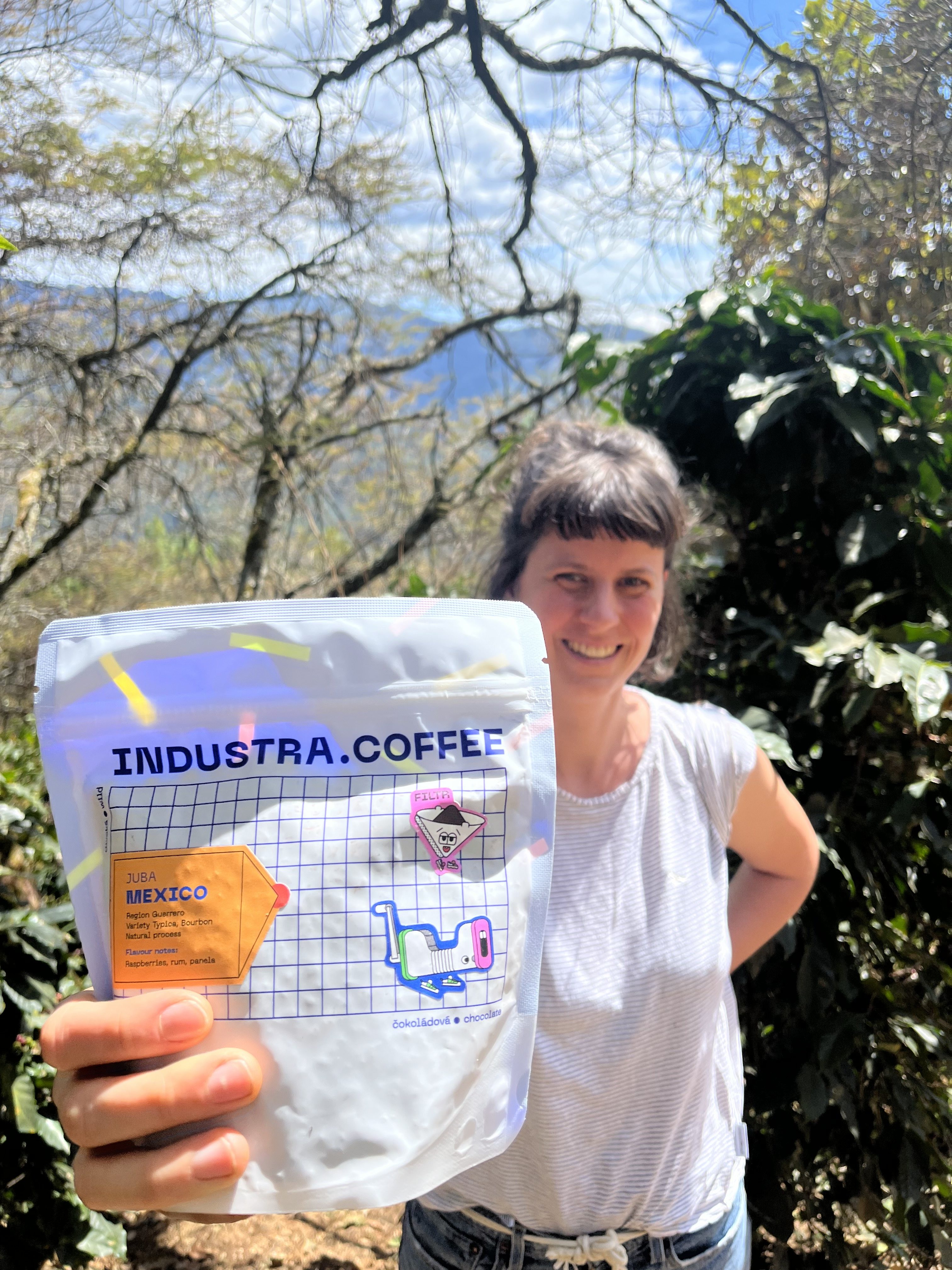
Hey Mystery Coffee League folks!
Thanks again so much for trying our secret coffee. We did manage to put together our site in English during March, so now you can order our coffee within the EU even more conveniently, thanks so much for your patience! <3 https://industra.coffee/en/
I’m sure you can’t wait to find out what coffee you’ve been drinking all March.
We’ve been lucky enough to visit the farms it comes from, and even luckier that it’s freshly harvested, which we plan to buy again.
The secret coffee is called Juba, which is locally translated as „mountain“. It comes from an altitude of up to 2 000 metres above sea level, where it grows very wild in what is known as the coffee forest. The indigenous varieties in Ethiopia, for example, grow in much the same way. The local farmers are very poor and have no education, let alone training in agriculture. They let the indigenous varieties – Typica and Bourbon – grow wild here, without using fertilisers and sprays, without any intervention in the growth of the plant. Thanks to the high altitude and the extreme temperatures – 35 °C during the day and up to 10 °C at night – these varieties have so far avoided both the ‚Roja‘ coffee rust and the ‚Broka‘ cherry blight. Both of these problems are faced by the rest of the region at lower altitudes, where the original varieties are already having to be replaced by more resistant hybrids. This area is a real hidden treasure. Until five years ago, Nestlé was buying coffee here at rock-bottom prices, without telling the farmers how good their coffee was. It was only thanks to the export company Ensambles, which discovered this potential, that this coffee came to us. It is rated 85 points and farmers are finally getting paid for premium quality.
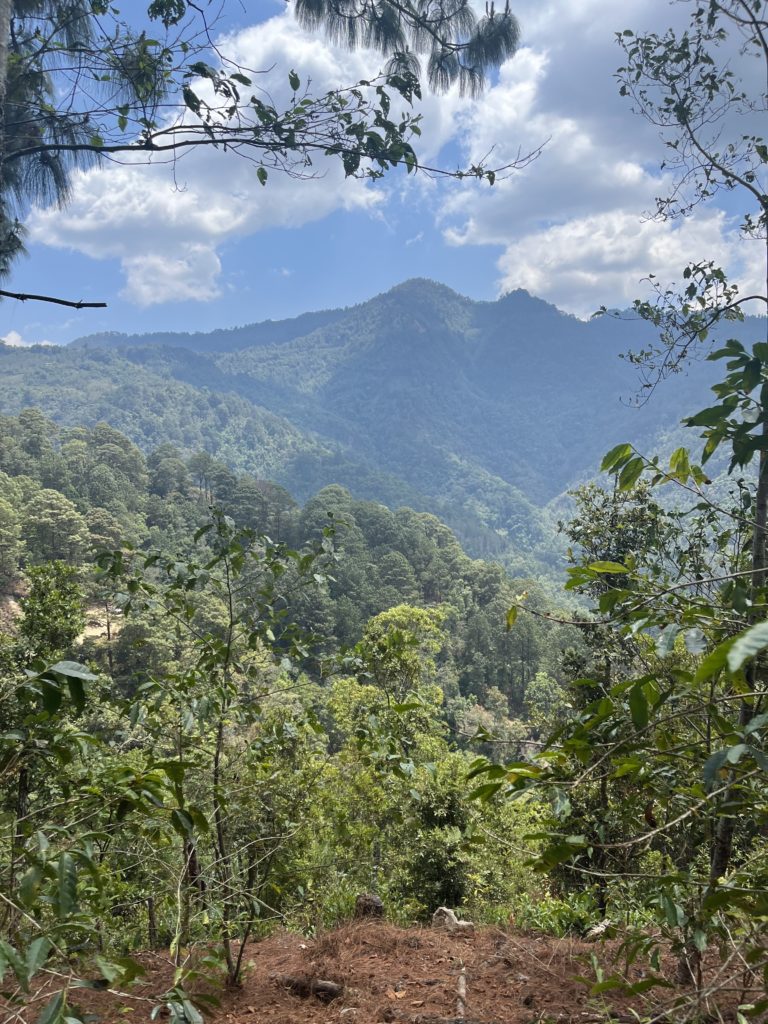
The coffee is dry-processed, which is not the only way to do it in this region. The ripe cherries are mostly drying on concrete „patios“ from which they have to hide from the humidity every night. It dries slowly here for about 2 weeks.
Farmers sell whole dried cherries whose green coffee yield is about 50%. Each farm is a different size, some even grow only 60 kg of green coffee in a whole year. Therefore, coffees from nearly 50 small growers in that area are mixed together to make a „Juba“ blend. The total production of Juba is about 80 bags of coffee (about 5 tons).
The coffee is further processed by an exporter.
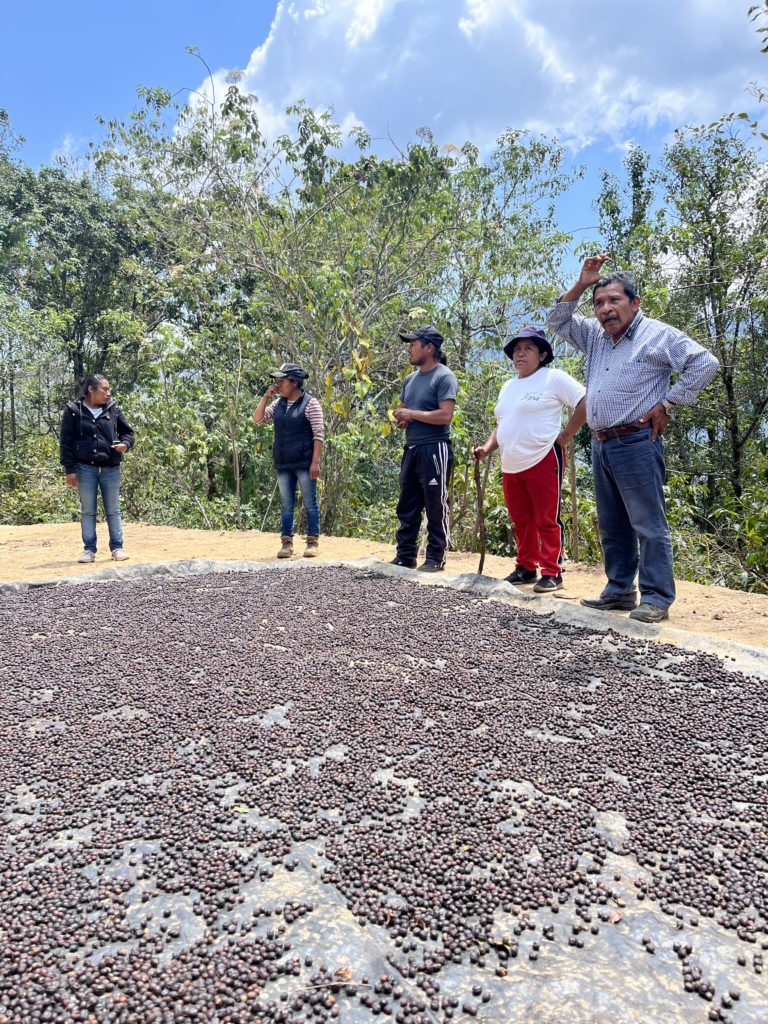
Although the coffee is processed using the dry method, it has a very clean taste. It is very sweet like panela sugar and has flavour notes of pineapple, blueberry, caramel, pecan nuts and milk chocolate.
It is a coffee from the Guerrero region of Mexico.
We have very strong impressions after this visit. We would like to continue to support small farmers in need. These people deserve to be paid fairly and they also want to learn more about how to grow coffee to make it even better. We plan to have coffee from various places in Mexico on offer all year round and we would love it if you decided to support these people by buying it with us <3 Thank you



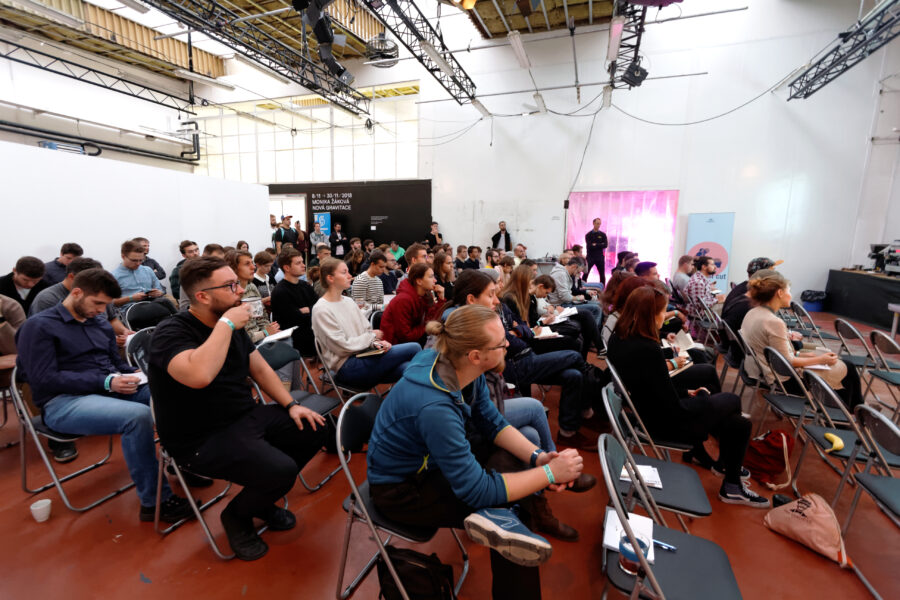
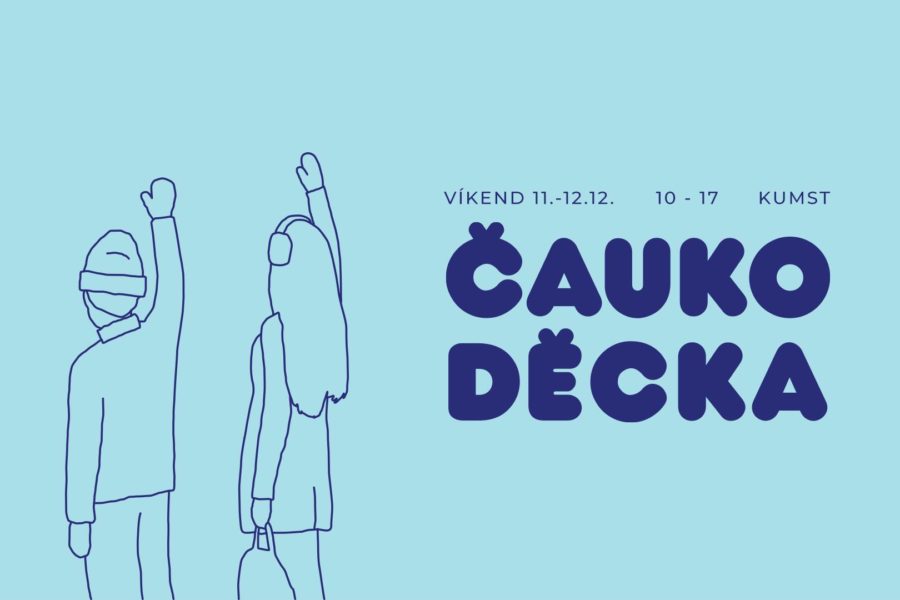
 ochutnejte naši kávu, u nás nebo u vás
ochutnejte naši kávu, u nás nebo u vás